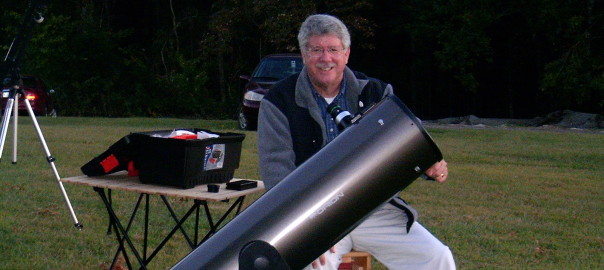You earned a masters degree in two years?
Yes. By 1969 I had masters in limnology from Oregon State.
How did your career affect your choice of seasonal jobs?
By the time I finished my masters, my goal was to get a permanent job with the National Park Service, I couldn’t think of anything else I wanted to do but be permanent with the NPS. I was ready to come back to Crater Lake in 1969, but I sent out applications to Yosemite, Glacier, Grand Canyon, and Zion. Just before I finished my master’s degree, I got a call from Zion and they asked me if I wanted to work there. I called up Bob Bruce and told him I was going to go down to Zion and take on that job. He said he understood because he was leaving too. I don’t recall them really trying to get to come back to Crater Lake because at that time there were so many people leaving (7). I went to Zion and spent five months. I found that from the training I got as a naturalist at Crater Lake I was immediately one of the best interpreters at Zion. Their program was not anywhere close to being at the same professional level as the program at Crater Lake. I later found out that what really happened at Crater Lake was all really due to the leadership of Dick Brown. It was Dick’s professionalism that makes this a special team. I would say it was a team of interpreters that rivaled that of Yosemite. After Zion I sent an application for winter seasonal employment to the Everglades and Yosemite. I was picking up by Yosemite, and ended up working there for two full years. My last year I was promoted to supervisory seasonal for Yosemite Valley. It was a year round seasonal position.
I still wanted to seek permanent employment. I took the Federal entrance exam and only scored 89, which wasn’t high enough. You had to be 95 or above to qualify. I took a leave of absence in 1971, and went to Germany on a honeymoon after getting married. I got a job in Germany as an environmental scientist working for the Institute for Reactor Safety in Cologne, with the idea that I would return to Yosemite soon. Instead I was rapidly promoted and continued to learn about the interactions of radioactivity and the environment. I ended up spending five years there. After that, I returned to Oak Ridge, Tennessee, where I eventually obtained my Ph.D. in ecology at the University of Tennessee. I’ve been at Oak Ridge ever since.
Did the training in limnology provide a basis for what you did as a doctoral student?
In Germany, the plan was that the Institute of Reactor Safety would use my limnology background to study the effects of the future use of the Rhine River as a source of cooling water for the nuclear power industry. That issue soon went away as they made a national law obligating all large thermal power plants to be equipped with cooling towers. Soon after that I was reassigned to look into the issues of radioactivity. It was in Germany where I first learned about the concepts of radiation and radiation protection. The establishment of regulations to protect the public against ionizing radiation and that initial on-the-job training got me the experience necessary to eventually be hired at Oak Ridge National Laboratory where I spent 17 years. For the last six years I’ve been leading an environmental consulting firm called SENSE Oak Ridge, Incorporated, Center for Risk Analysis. We specialize in human health and ecological risk analysis due to the presence of trace level contaminants and disturbance of habitat.
I would say that the success in my own career came from my training as a Park Service naturalist. I enjoy investigating complex scientific issues and expressing those issues in terms that a person with multi-disciplinary training could readily understand. Just making things clear to an audience of curious people was a talent of mine and that talent was cultivated during the years that I worked as a park ranger-naturalist.


